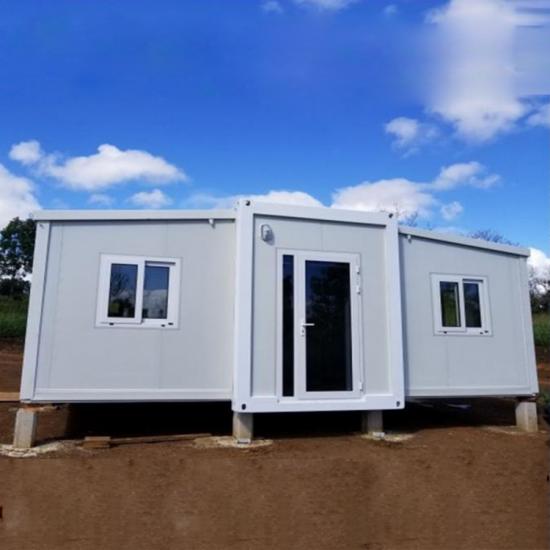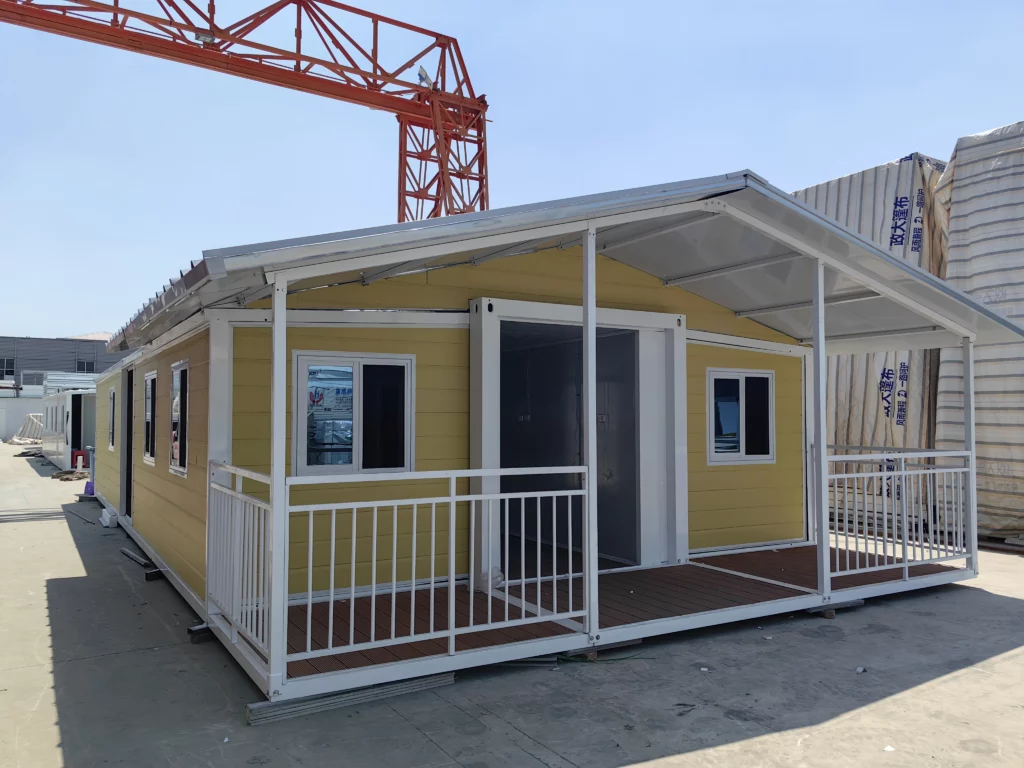Container homes, particularly Accessory Dwelling Units (ADUs), have emerged as a modern, sustainable housing solution. Their adaptability, eco-friendliness, and cost-effectiveness have positioned them as a promising alternative in the realm of housing. This article examines the numerous advantages offered by ADU container homes, shedding light on their multifaceted benefits.
ADU container homes present a myriad of advantages that resonate with the growing need for sustainable living spaces. Firstly, these homes are highly customizable. Through innovative designs and modifications, homeowners can personalize their living spaces to suit their preferences and needs. The modular nature of containers facilitates easy expansion or downsizing, offering flexibility that traditional homes often lack.

Moreover, sustainability lies at the core of ADU container homes.
By repurposing shipping containers, these dwellings reduce environmental impact by giving new life to materials that would otherwise go to waste. Their construction typically involves fewer resources, making them an eco-conscious choice. Additionally, incorporating green technologies like solar panels and rainwater harvesting systems further enhances their sustainability, fostering a more environmentally friendly lifestyle.
Furthermore, the cost-effectiveness of ADU container homes cannot be overstated.
Compared to conventional housing, these structures tend to be more affordable due to reduced construction time and material expenses. Their durability and low maintenance requirements contribute to long-term cost savings, making them an attractive option for homeowners seeking economical living solutions without compromising quality.
Another significant advantage is their mobility.
The portability of container home allows for relocation, offering an advantage in scenarios where individuals seek flexibility or need to move due to changing circumstances. This mobility feature adds a layer of adaptability rarely found in traditional housing.
Additionally, ADU container home align with the concept of minimalism, promoting efficient use of space without sacrificing comfort. Their compact design encourages a decluttered lifestyle, prompting inhabitants to focus on essentials while reducing unnecessary consumption.

In conclusion, ADU container homes epitomize a modern, sustainable, and versatile housing alternative. Their flexibility, eco-friendliness, cost-effectiveness, and adaptability underscore their appeal in addressing the evolving needs of contemporary living. As society continues to prioritize sustainability,these homes stand as a testament to the possibilities of reimagining traditional housing concepts.
These advantages collectively position ADU container homes as a viable solution in fostering a more sustainable and adaptable future for residential living.